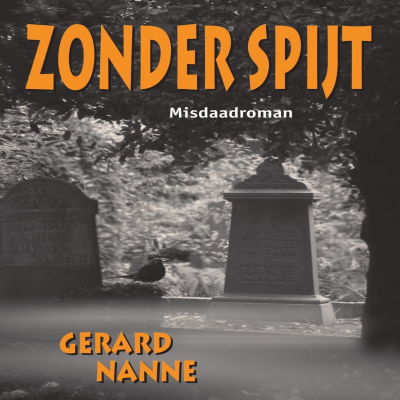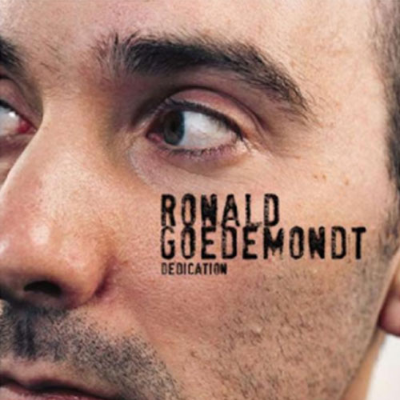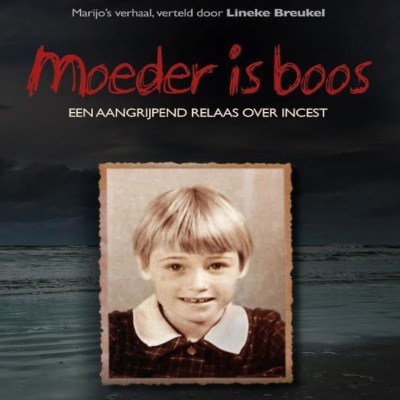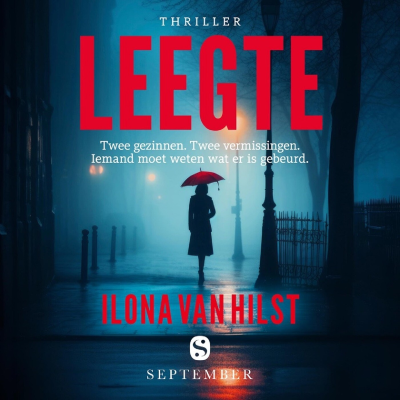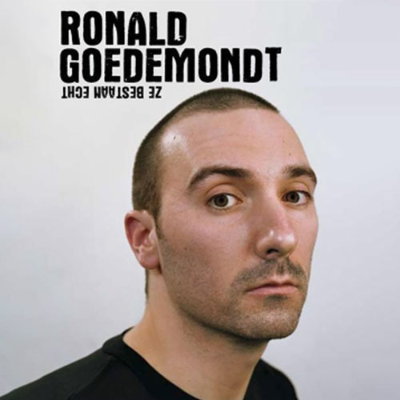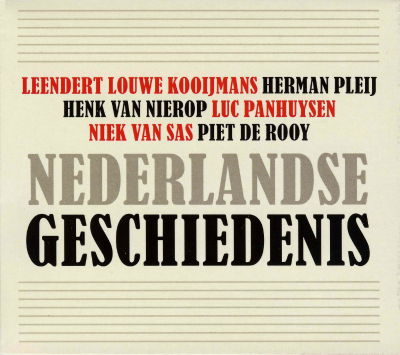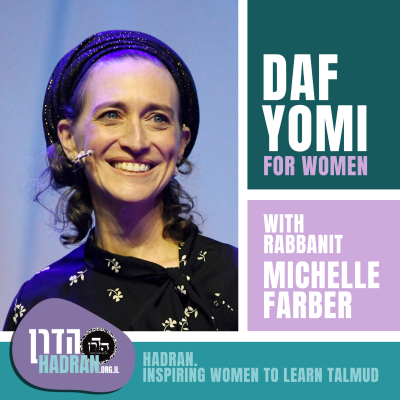
Daf Yomi for Women - Hadran
Podcast door Michelle Cohen Farber
Tijdelijke aanbieding
3 maanden voor € 1
Daarna € 9,99 / maandElk moment opzegbaar.

Meer dan 1 miljoen luisteraars
Je zult van Podimo houden en je bent niet de enige
Rated 4.7 in the App Store
Over Daf Yomi for Women - Hadran
Hadran.org.il is the portal for Daf Yomi studies for women. Hadran.org.il is the first and only site where one can hear a daily Talmud class taught by a woman. The classes are taught in Israel by Rabbanit Michelle Cohen Farber, a graduate of Midreshet Lindenbaum’s scholars program with a BA in Talmud and Tanach from Bar-Ilan University. Michelle has taught Talmud and Halacha at Midreshet Lindenbaum, Pelech high school and MATAN. She lives in Ra’anana with her husband and their five children. Each morning the daf yomi class is delivered via ZOOM and then immediately uploaded and available for podcast and download. Hadran.org.il reaches women who can now have access to a woman’s perspective on the most essential Jewish traditional text. This podcast represents a revolutionary step in advancing women’s Torah study around the globe.
Alle afleveringen
271 afleveringenThis week's learning is sponsored by Danielle & Jason Friedman in honor of Anabelle Friedman on her siyum of Mashechet Rosh Hashana on the occasion of her Bat Mitzvah, and in honor and appreciation of Rabbanit Michelle for inspiring and enabling multiple generations of women, in our family and around the world, to engage in Talmud study. Today's daf is sponsored by the Hadran Women of Long Island in memory of Myer Senders a”h, beloved father of our friend and co-learner Tina Lamm. "May the Torah learned today by all of us be a zechut for his neshama ותהא נשמתו צרורה בצרור החיים." What is the law regarding a mouse that falls into vinegar? Is the mouse nullified, and if so, at what ratio? The Mishna presents three distinct scenarios involving a Jew and a non-Jew, where wine is left in a location accessible to the non-Jew, raising concerns about potential libation (נסך) and thus rendering the wine prohibited. In each case, the Mishna outlines whether there is reason to suspect that the non-Jew offered the wine as a libation. The determining factor is whether the Jew stated they would be gone for a while or whether the Jew is considered to be supervising. The Gemara defines supervision as a situation in which the Jew could return at any moment, even if they are not physically present. The amount of time that must elapse to prohibit the wine (in a case where the Jew leaves for a while) is debated between the Rabbis and Rabban Shimon ben Gamliel. The Rabbis hold that the wine becomes prohibited if enough time passes to pierce the stopper, reseal it, and allow it to dry. Rabban Shimon ben Gamliel maintains that the required time is that needed to break the stopper entirely, fashion a new one, and let it dry. A fourth case involves a non-Jew dining in a Jew’s home, with wine left either on the table or on a side table. If the Jew leaves the room, there is concern that the non-Jew may touch the wine on the table, but not the wine on the side table—unless the Jew instructed the non-Jew to dilute the wine. If the bottle is sealed and enough time has passed for the stopper to be broken, replaced, and dried, the wine is prohibited. Why are all three cases necessary? What is unique about each, and why did the Mishna include them all? Rabbi Yochanan limits the scope of the debate between the Rabbis and Rabban Shimon ben Gamliel to stoppers made of lime plaster, excluding those made of clay. If a non-Jew were to pierce a clay stopper and reseal it, the tampering would be visibly noticeable. A difficulty is raised against Rabbi Yochanan’s explanation from a braita, but it is ultimately resolved. Rava rules in accordance with Rabban Shimon ben Gamliel, as the final case in the Mishna reflects his opinion exclusively, without presenting the view of the Rabbis. The sugya concludes with a practical question: If the halakha follows Rabban Shimon ben Gamliel—requiring a longer time to prohibit the wine—and also follows Rabbi Eliezer (Avodah Zarah 31a), who permits leaving a barrel with a single seal in the possession of a non-Jew without concern for tampering, why is the current practice to avoid leaving wine in a non-Jew’s possession? The Gemara answers that the concern lies with the bunghole, which was used to smell the wine. The worry is that the non-Jew might widen the hole to drink from it and offer the wine as a libation. Bungholes were apparently not present in barrels during the time of the Mishna but were commonly used at a later time in Babylonia when the question was asked.
This week's learning is sponsored by Rabbi Lisa Malik and Professor Adi Wyner in honor of the birth of their first Israeli grandson, David Rafael, son of Rivkah & Charlie Gottlieb. Davidi was born at Sheba Medical Center on 26 Tammuz/ July 22. He is named after his great-grandfathers, David Malik z"l and Dr. Donald Stoltz z"l. As we begin the month of Elul with the recitation of Tehillim 27 (“L’David HaShem Ori v’Yishi”), we continue to pray for Davidi’s refuah shleima as he meets the challenges of a cleft palate, including surgery sometime before his first birthday. דוד רפאל בן רבקה אריאנא ואליעזר בנימין Today's daf is sponsored by Terri Krivosha in memory of her mother, חני מנדל בת שימה פיגה וירחמיאל הכהן, on her second yahrzeit. She was an eshet chayil whom we miss and think of every day. Rabbi Shimon and Rabbi Meir dispute whether a mixture is prohibited when the forbidden component imparts a bad taste to the permitted food. Ulla and Rabbi Yochanan differ on the scope of the dispute between Rabbi Shimon and Rabbi Meir: Ulla holds that they disagree when the forbidden item initially gives a good taste and only later turns bad, while Rabbi Yochanan holds that they disagree in a case where the bad taste is immediate. A challenge to Ulla’s view is raised and resolved. The Gemara then asks whether Rabbi Yochanan holds that they disagree in both scenarios, but the question remains unresolved. Rav Amram raises a difficulty with Rabbi Yochanan’s view, noting that this debate is absent from the Mishna. After further searching, he identifies what seems to be the same dispute in Mishna Orlah 2:9. Rabbi Zeira, however, rejects the connection, explaining that the prohibition there rests on a different principle. A braita is then brought that directly supports Rabbi Yochanan: it describes a dispute between Rabbi Shimon and the rabbis regarding two leavening agents — one of truma, one of chullin — each potent enough to leaven dough on its own. Since adding both would cause over-leavening and produce a bad taste, this proves that there is indeed a debate in cases where a prohibited item imparts a bad taste. The braita lists another disputed scenario — when both leavening agents are added simultaneously. Abaye explains the need for this case: it was brought to clarify Rabbi Shimon’s position that even when the prohibited agent initially aids leavening, if it acts in tandem with the permitted agent, it is not considered to have been beneficial to the dough initially, and therefore, the dough is permitted. A case is brought where a mouse fell into a barrel of beer, and Rav prohibited the consumption of the beer. Some assumed Rav ruled like Rabbi Meir, prohibiting mixtures even when the forbidden element imparts bad taste. Rav Sheshet instead interprets Rav’s decision as a special stringency regarding sheratzim (creeping creatures), and two objections to this reading are resolved. Rava rejects Rav Sheshet’s explanation and holds that if a prohibited item imparts bad taste, the mixture is permitted, and suggests either that the halakha is not in accordance with Rav, or that Rav held the mouse imparted a good taste to the beer.
Today's daf is sponsored by Laura Warshawsky in loving memory of her mother, Evelyn Margolis, on her second yahrzeit.
Study Guide Avodah Zarah 46 [https://hadran.org.il/wp-content/uploads/2025/07/Study-Guide-Avoda-Zara-46.pdf]
Study Guide Avodah Zarah 45 [https://hadran.org.il/wp-content/uploads/2025/07/Study-Guide-Avoda-Zara-45.pdf]

Rated 4.7 in the App Store
Tijdelijke aanbieding
3 maanden voor € 1
Daarna € 9,99 / maandElk moment opzegbaar.
Exclusieve podcasts
Advertentievrij
Gratis podcasts
Luisterboeken
20 uur / maand










